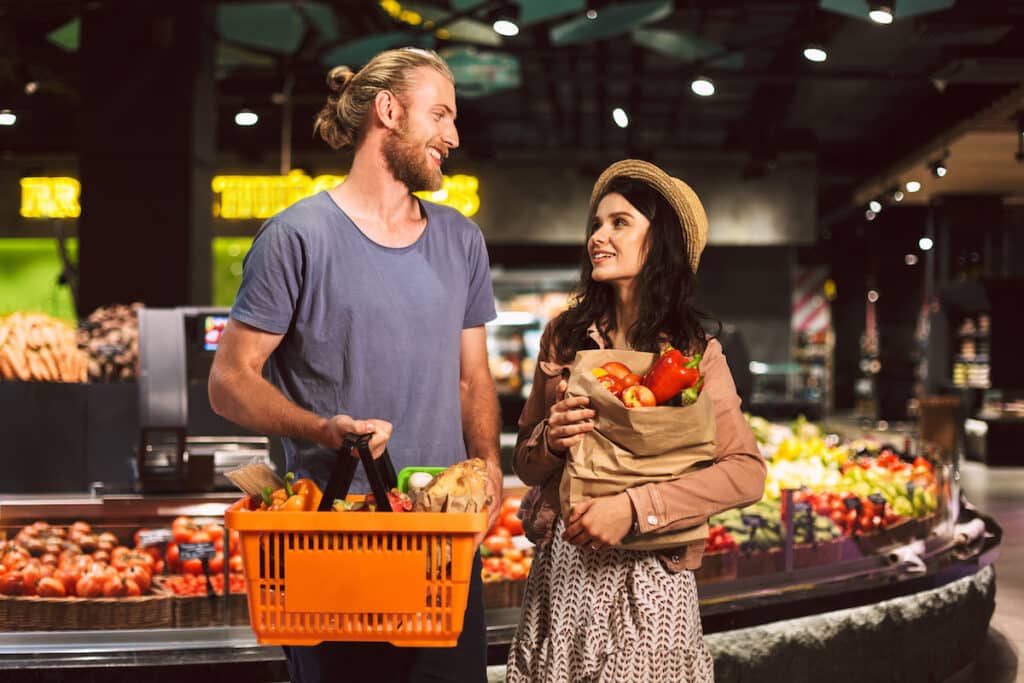
Water Conservation: 7 Simple Ways to Save Water at Home and in Your Business
Water is one of our most precious resources, yet it is often wasted without thought. ...

About 77% of food and beverage (F&B) businesses expressed a willingness to accept cost-related trade-offs associated with the implementation of sustainable manufacturing and processing solutions, despite the industry facing ongoing macro-economic challenges, according to a recent research conducted by Tetra Pak to examine F&B manufacturers’ attitude to sustainability, now and in five years’ time.
This insight follows the 28th United Nations Climate Change Conference (COP28), which saw many private sector stakeholders committing to sustainability targets and initiatives, including Tetra Pak’s action-oriented approach towards food systems transformation.
Today’s F&B companies are poised to minimize plastic as a favored packaging material, as recent research has unveiled that three out of the top five commitments made by business leaders to address sustainability challenges include the reduction of plastic usage.
Half of the surveyed businesses pinpointed consumer demand as the main catalyst behind implementing new sustainable solutions within the manufacturing and processing arena. This echoes the sentiment found in a separate Tetra Pak consumer study on packaging. It found the intention to buy among almost three out of four respondents (74%) would increase if a brand talked about environmental topics, while 42% believe that an “environmentally sound package” justifies a higher price, providing the industry with a reassuring case for adopting a business model that reduces environmental impact.
Business’ focus on environmental impact is seemingly at a tipping point, with the urgency to adopt practices that decarbonize the world’s food systems predicted to surge by 10% in the next five years, from 49% to 59%.
When asked how packaging and processing suppliers can contribute, 65% of companies identified the importance of new product developments, confirming the critical role played by innovation in our global fight against climate change.
Gilles Tisserand, Vice President Climate & Biodiversity, Tetra Pak, said “The food and beverage industry is at a critical moment, rethinking its way of doing business to help address the climate emergency and dealing with the inevitable impact this has on their operations and solutions. They are looking to suppliers to help them thrive in an increasingly competitive market, and we remain committed to playing our part, keeping the innovation engine running to develop new research, collaborative ecosystems and product offering.”
He added “Our innovation pathway is driven by renewability and recyclability, ensuring the decarbonization and circularity of materials and addressing the need for sustainable food packaging. Findings such as the fact that cartons are considered by consumers to be the most ‘environmentally sound’ beverage package, while plastic is considered the least, are a testament that we are on the right path. You only need to look at the fact that we sold 46% more packages made with plant-based polymers in 2023 compared to 2021 to see that the industry is committed to change.”
اترك تعليقا